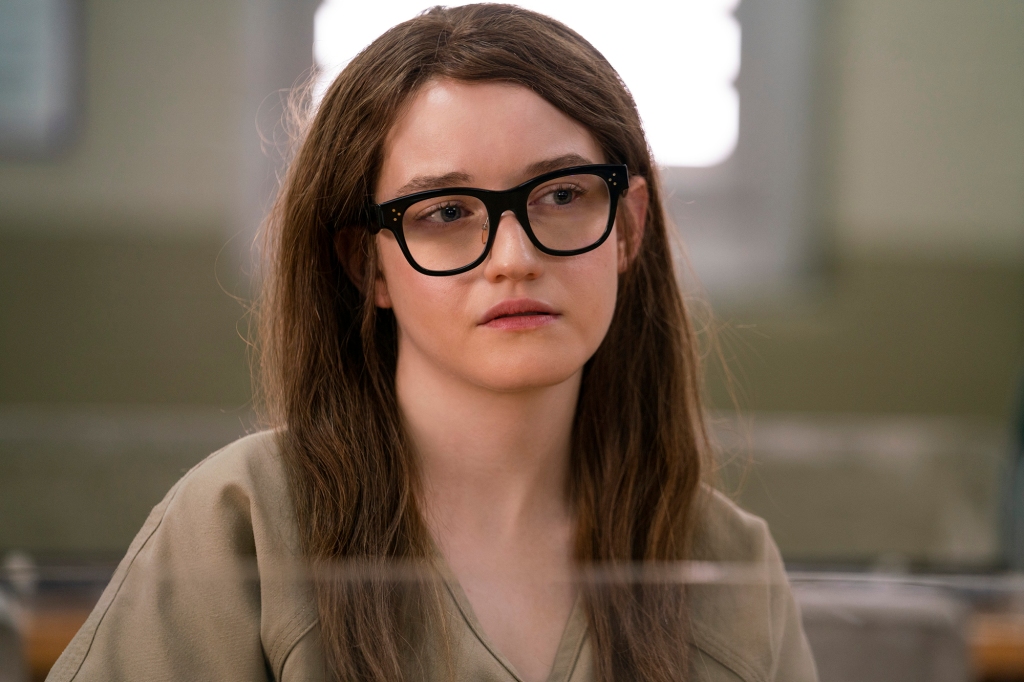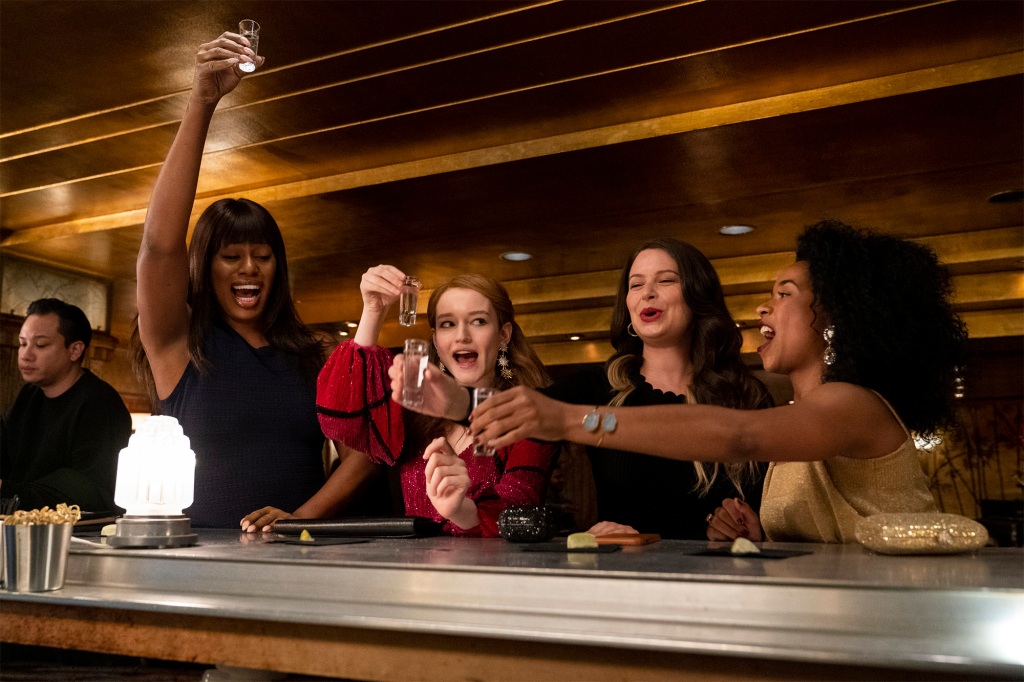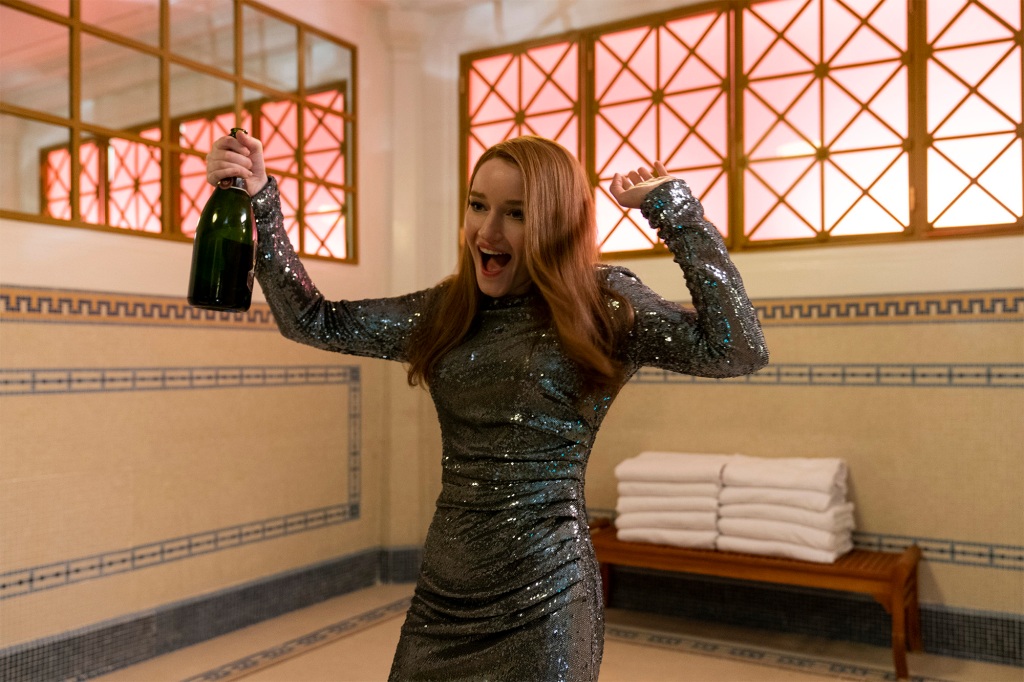Netflix sued for defamation by VF staffer in ‘Inventing Anna’
“Inventing Anna” is causing even more legal troubles.
Rachel DeLoache Williams, a former Vanity Fair staffer and former friend of Anna Delvey, filed a lawsuit against Netflix Monday for defamation over her portrayal in the series inspired by actual events.
Williams, 34, was defrauded of $62,000 by the convicted New York City con artist. She published an article for Vanity Fair about her experience with Delvey, 31, before the May 2018 New York magazine article — which the show was based on — was published and wrote a book titled “My Friend Anna: The True Story of a Fake Heiress.”
“Inventing Anna” follows Delvey — whose real name is Anna Sorokin — as she scams her way through New York City. She lies about being a German heiress, conning not only her friends but also banks and businessmen in an attempt to fund the lifestyle of a wannabe socialite.
Williams claims that nearly everything about her character in the Netflix show is made up.
“This action will show that Netflix made a deliberate decision for dramatic purposes to show Williams doing or saying things in the Series which portray her as a greedy, snobbish, disloyal, dishonest, cowardly, manipulative and opportunistic person,” the complaint, filed in federal court in Delaware, reads.
The lawsuit states that the show consists of 16 separate sets of defamatory statements about the former Vanity Fair photo editor.
“Netflix purposely used my real name, and real aspects of my life, to create a totally false and defamatory characterization of me. The truth matters and portraying real people requires real responsibility. I am filing this lawsuit to hold Netflix accountable for its deliberate recklessness,” Williams told the Hollywood Reporter.

Netflix portrays Williams as a friend of Delvey who accepts generous gifts and joins her on extravagant vacations but rats her out to authorities once she discovers Delvey is a fake heiress and doesn’t actually have money.
In one part of the show, Williams is shown leaving Delvey in Morocco after her credit card was declined and suspicions started to form. Williams — who details the trip in her own book — claims she actually told Delvey prior to the trip that she would have to leave early for work. The suit claims the series implies that the abandonment happened only after the financial woes came up.
“Williams did not stop being friends with Sorokin because Sorokin was having problems in Morocco, but rather because she subsequently discovered on her return to New York that Sorokin was a liar and a con artist whose statements and promises had induced Williams to incur liabilities of around $62,000 on Sorokin’s behalf were false, and who only reimbursed her $5,000 despite numerous promises to reimburse her $70,000 to account for the full debt and any late fees incurred,” the lawsuit reads.

Another scene explicitly mentioned in the suit is the cross-examination scene, in which Delvey’s attorney gets Williams to admit that Delvey paid for everything in their friendship. The complaint charges that the scene is made to portray Williams as a freeloader. Williams also claims she did pay for drinks and split the bill on occasion.
Williams’ attorney Alexander Rufus-Isaacs says that the Netflix series reportedly left Williams exposed to an intense amount of online hate.
“If you want to base a character on a real person, and you want to make them a baddie, don’t use their real name,” Rufus-Isaacs said in an interview. “I wish creatives would understand that. If they want to make an unpleasant character, they can’t use a real person’s name unless everything they say is absolutely gospel.”

Rufus-Isaacs believes the lawsuit makes a strong case and claims that statements made in previous interviews by Shonda Rhimes, executive producer and creator of the show, and Katie Lowes, the actress who played Williams, are an admission that Netflix knew the portrayal was false but decided to continue anyway, making Williams the clear villain.
Williams optioned the rights to her Vanity Fair article and book to HBO, but the project is no longer in development.
Delvey was convicted in May 2019 on eight counts, including grand larceny.
Read the full article Here


